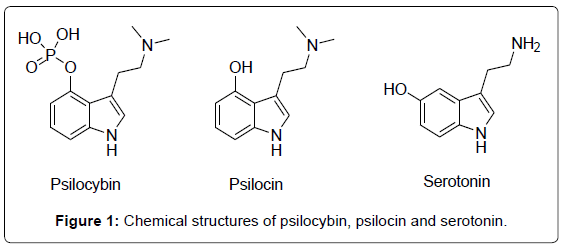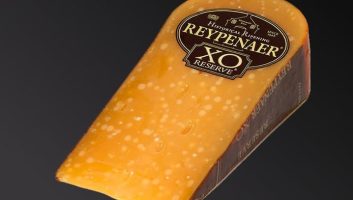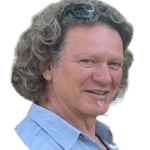What is tyramine?
Tyramine is a monoamine that occurs, for example, in aged cheese and other products. Tyramine can be formed under the influence of bacteria. bacteria form it from the amino acid tyrosine, which is a building block of various proteins. In products containing proteins that are stored or ripened, the tyramine content increases due to the breakdown of tyrosine into tyramine. As a result, old cheese contains much more tyramine than young cheese. Other food processing, including fermentation, fermentation and smoking, increases tyramine levels.

Tyramine plays a role in the regulation of blood pressure. Too much tyramine in your blood can cause high blood pressure, resulting in complaints such as headaches. Normally you do not experience this problem, because certain enzymes break down tyramine. These enzymes have the collective name monoamine oxidase, abbreviated MAO.
MAOIs
Certain medications inhibit the action of monoamine oxidase. These classic or non-selective MAOIs are prescribed against: depressions and anxiety disorders when other antidepressants do not work. If you use this medication, your body does not break down the tyramine from food sufficiently.
If you eat products that contain tyramine in combination with these medications, the concentration of tyramine in your blood will become too high. This can cause your blood pressure to rise enormously in a short time, which can be accompanied by a stabbing headache and, in the most serious case, a brain haemorrhage. This is sometimes called the 'cheese reaction'. With non-selective MAOIs you must therefore follow a strict tyramine-restricted diet. The treating doctor and a dietician can help you with this. Nowadays there are also selective MAO inhibitors where you don't have to be as careful with tyramine, you just have to be careful with large amounts of old cheese.
Cheese syndrome
Not only patients who take MAO inhibitors experience problems after ingesting tyramine. Some people get a stabbing headache or a migraine attack after eating products that contain a lot of tyramine. They suffer from the so-called 'cheese syndrome'. Difficult, but not dangerous like the cheese reaction in MAOI users.
Follow a tyramine-restricted diet for trip therapy
If we recommend that you follow a tyramine restricted diet with trip therapy in the offing, this is due to the following principle. Tyramine, serotonin, dopamine, psilocin are examples of monoamines that are all broken down by monoamine oxidase. If you have a lot of tyramine in your diet in the days before trip therapy, your body will respond and make more MAO available. The higher MAO content corrects the excessively high tyramine content so that you do not experience any physical complaints. Meanwhile, the increased MAO activity also immediately lowers your serotonin and dopamine levels, which has a down effect. As soon as you do a trip therapy with psilocybin, the body will convert psilocybin into the monoamine psilocin and this is also partially and faster broken down due to the high MAO content. With a tyramine-restricted diet we ensure that the trip therapy works better because psilocin is broken down less quickly.

What does tyramine contain?
We recommend that you avoid a number of products during the 2 to 3 days before the trip therapy.
Here is our advice regarding nutrition:
- Fruit types: No restriction
- Vegetables: No sauerkraut
- Herbs: No licorice, St. John's wort and ginseng.
- Meat: No raw, smoked or cheese-prepared meat and fish.
- Sliced meats: No sliced and processed meats
- Dairy: No cheese, no unpasteurized milk
- Seafood: No trassie
- Notes: No restriction
- Bread: No sourdough bread
- Soy products: No tempeh, soy sauce (ketjap), fish sauce, Tamri and Worcestershire sauce
- Drink: No herbal tea with St. John's wort and/or licorice.
- Alcoholic beverages. No alcoholic drinks.
- Yeast: No Marmite, Tartex, brewer's yeast, bread drink and maggi.
- Ready-made: Any non-fresh meals are not recommended. Even your own leftovers should be cooled quickly and used up within 24 hours.
Eat as little processed food as possible and always go for the freshest products. Preparing your own food from fresh products is much healthier in several respects and will contribute to an overall improvement of your (mental) health.
Other things for the trip session
No drugs should be used during the two weeks before trip therapy. The use of MAO inhibitors and other psychoactive medications should first be reduced. It is also better not to smoke during the run-up to the trip session.
More information about it via the link medication in combination with trip therapy and why tapering off is useful.







